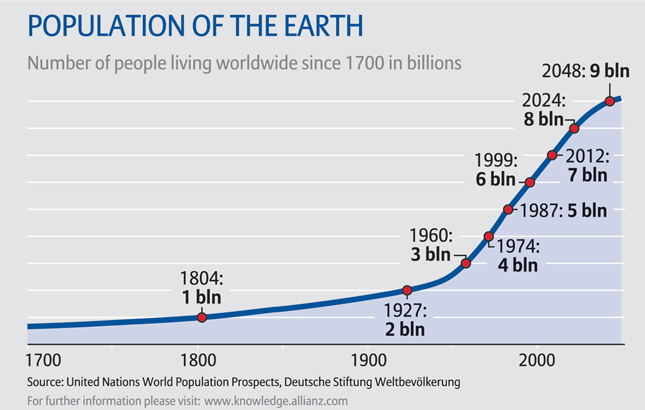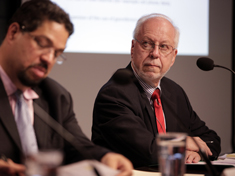-
Gender Equity Key to Feeding 9 Billion by 2050
›“Valuing women, paying greater attention to women’s rights – that’s the solution to our population growth issues and, I would argue, it’s also the solution to our food security challenges,” said Suzanne Petroni at the Thought for Food Summit in Berlin last year.
-
Africa’s Trifecta: Food Security, Resilience, and Demographics at the U.S.-Africa Leaders Summit
›August 5, 2014 // By Roger-Mark De Souza
“You can’t build a peaceful world on an empty stomach,” Secretary of State John Kerry said yesterday at a high-level working session on resilience and food security, quoting Norman Borlaug, the father of last century’s “Green Revolution.”
-
India’s Faltering Energy Production, Damaged Water Resources Demand Modi’s Close Attention
›India’s new prime minister swept into office in May on a message of aspiration and a reputation for action.
During the nearly 13 years that Narendra Modi served as chief minister of Gujarat before becoming prime minister, his successes included drastically curtailing the number of hours that manufacturers in India’s premier industrial state went without electricity. The state’s transmission grid was strengthened and he promoted the development of 900 megawatts of solar generating capacity (equivalent to a large nuclear plant).
-
Lisa Palmer, Future Food 2050
The Politics of Food Technology Innovation for Africa
›July 22, 2014 // By Wilson Center Staff
As a boy growing up on the shores of Lake Victoria in Kenya, Harvard international development professor Calestous Juma noticed a thing or two about innovations designed to bring more food into his community. He noticed, for instance, that the fishermen were always tinkering with new ways to trap fish while his father, a carpenter, would build the traps. He also noticed that his grandmother, a peanut grower, and other farmers who grew traditional crops such as sweet potatoes, struggled with ways to increase production beyond simply planting the best quality seeds and tubers.
-
A Closer Look at USAID’s Climate Strategy: Climate-Smart Development a Work in Progress
›July 14, 2014 // By Kathleen MogelgaardIn March, the Intergovernmental Panel on Climate Change released its latest comprehensive synthesis of climate change research. The report concludes that “impacts from recent climate-related extremes, such as heat waves, droughts, floods, cyclones, and wildfires, reveal significant vulnerability and exposure of some ecosystems and many human systems to current climate variability.”
-
No REDD+ Program Is an Island: Integrating Gender Into Forest Conservation Efforts
› Since 2005, the Reducing Emissions from Deforestation and Forest Degradation program (REDD+) has functioned as a mechanism to financially incentivize the preservation of forestlands in order to reduce greenhouse gas emissions. But beyond its original use, some organizations have also started exploring ways it can help with other development initiatives, like women’s empowerment. [Video Below]
Since 2005, the Reducing Emissions from Deforestation and Forest Degradation program (REDD+) has functioned as a mechanism to financially incentivize the preservation of forestlands in order to reduce greenhouse gas emissions. But beyond its original use, some organizations have also started exploring ways it can help with other development initiatives, like women’s empowerment. [Video Below] -
Frank Carini, ecoRI News
7 Billion and Counting: Roger-Mark on Global Population Concerns at Future of Nature Forum
›June 10, 2014 // By Wilson Center Staff
Since the start of the Industrial Revolution some 250 years ago, the widespread use of chemical fertilizers and pesticides that began about a century and a half later and the atomic half-life of the past seven decades, humans have developed and doused land and dammed and diverted water. These practices have left a wound that continues to fester as the human population swells.
-
Not Just Climate Change: Marcel Leroy on How Demography Contributes to Africa’s Scarcity Problems
›
The Sahel has endured multiple debilitating food crises over the last five years and climate change has often been fingered as the culprit. But it is important to equally consider the amplifying effects of demographic trends on resource scarcity, says the University of Peace’s Marcel Leroy in this week’s podcast.
Showing posts from category agriculture.


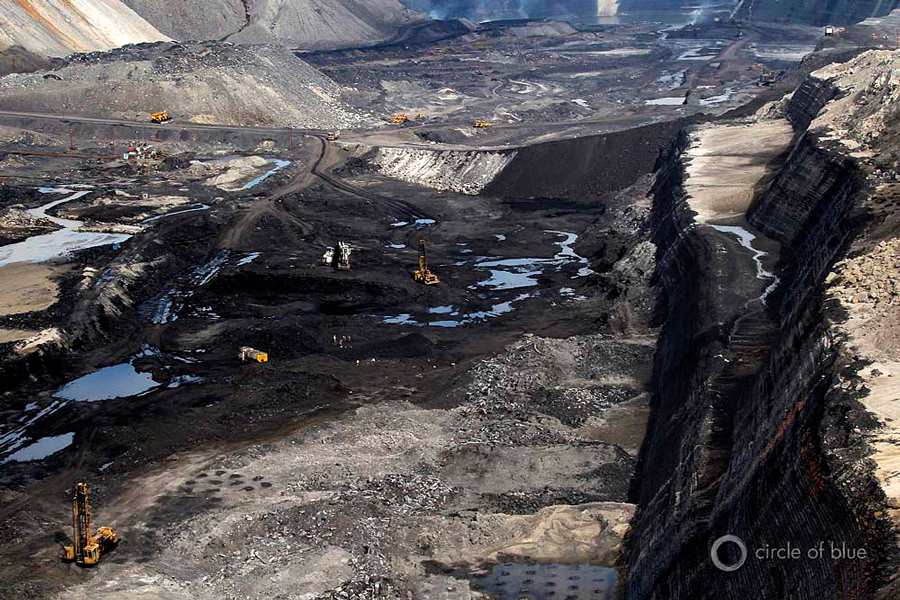
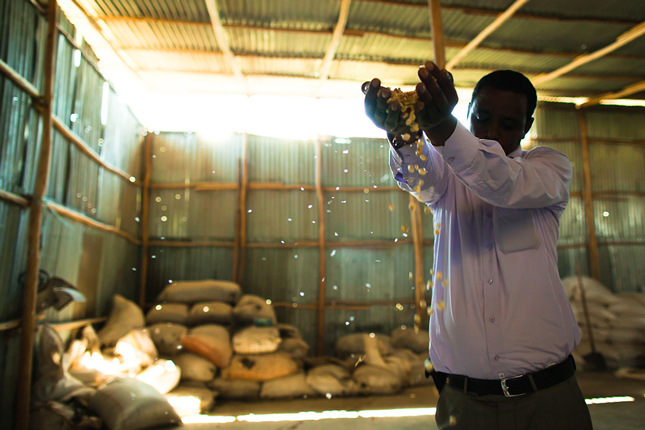
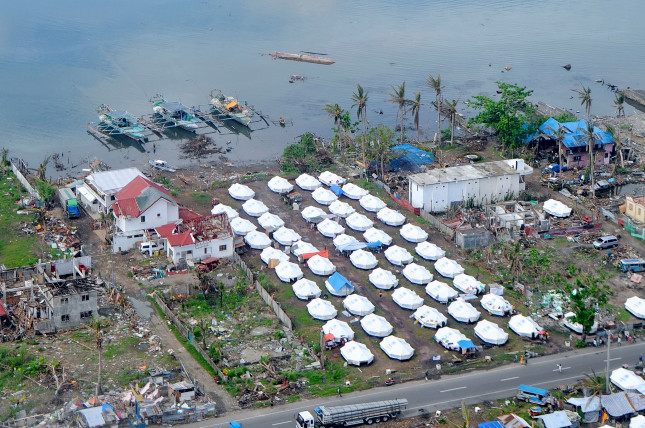
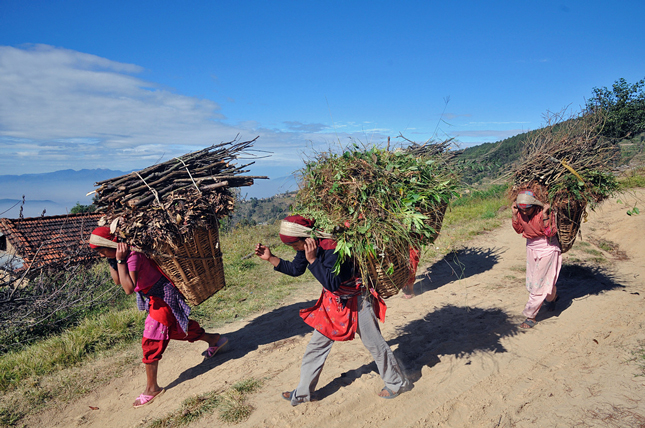 Since 2005, the
Since 2005, the 